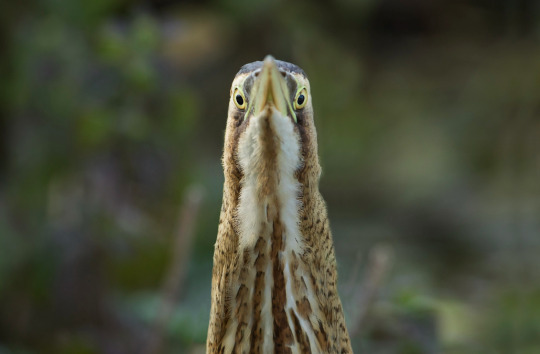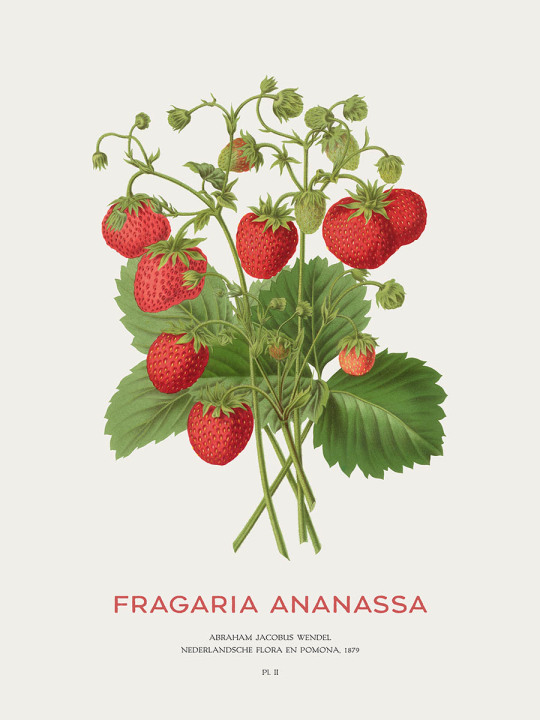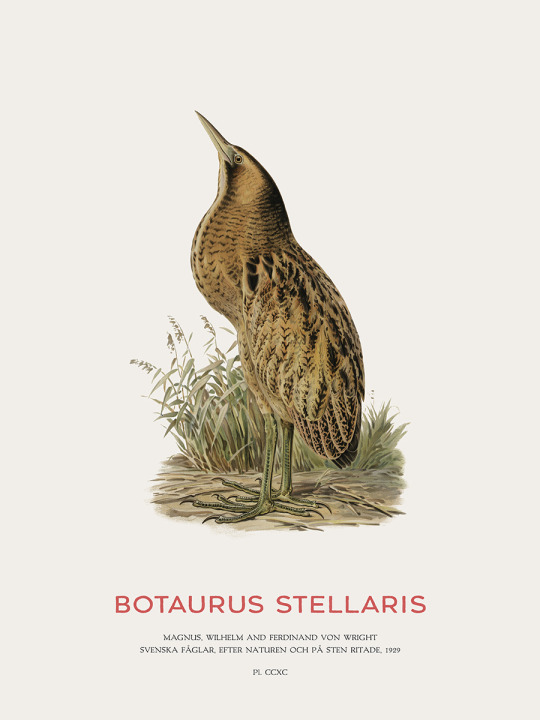#Botaurus stellaris
Explore tagged Tumblr posts
Text

Letter from the Bittern by Ann and Chris Eurasian Bittern (Botaurus stellaris)
461 notes
·
View notes
Text

Eurasian Bittern
#eurasian bittern#great bittern#bittern#Botaurus stellaris#Pelecaniformes#Ardeidae#Botaurus#bird#upl
183 notes
·
View notes
Photo

Eurasian Bittern for a $5 Ko-fi supporter
#art#my art#digital#digital art#clip studio#clip studio paint#csp#kofi#ko-fi#kofi commissions#commissioned work#request#doodle#coloured#bittern#eurasian bittern#great bittern#Botaurus stellaris#bird#birdblr#lazert#lazer-t
123 notes
·
View notes
Text

Garden strawberry or Fragaria ananassa
The garden strawberry is a widely grown hybrid species of the genus Fragaria, collectively known as the strawberries, which are cultivated worldwide for their fruit.
Available now on Society6 or Redbubble
#vintagrafica#vintage#redbubble#society6#nature#strawberry#strawberries#fruit#botany#botaurus stellaris#sweet#herbarium#strawberies#educational#education#scientist#taxonomy
7 notes
·
View notes
Text
This is:
Botaurus stellaris, aka Eurasian bittern, aka bukač velký
Fun fact!
It's neck is actually very long! It' very shy and when disturbed, it stretches its neck and points its beak straight up, blending in with surrounding reed. This behavior has a name – bitterning. Also, this is how the male's mating call sounds. It can carry for five kilometers!


#animals#do you know this animal#birds#botaurus stellaris#eurasian bittern#bukač velký#critter found
1 note
·
View note
Note
do you have any bitterns?
they're craaazy lookin
DO I HAVE BITTERNS?!?!
Have a look...

Black Bittern (Ixobrychus flavicollis), family Ardeidae, order Pelicaniformes, Warriewood Wetlands, New South Wales, Australia
photograph by JJ Harrison

Least Bittern (Ixobrychus exilis), family Ardeidae, East coast of the United States
photograph by Hannah Meddaugh

Cinnamon Bittern (Ixobrychus cinnamomeus), family Ardeidae, Gujirat, India
photograph by Hardik Joshi

Yellow Bittern (Ixobrychus sinensis), family Ardeidae, order Pelicaniformes, Orisa, India
photograph by Chanchal Kumar Banerjee

Eurasian Bittern or Great Bittern (Botaurus stellaris), family Ardeidae, order Pelicaniformes, Italy
photograph by Davide Diana

Little Bittern (Ixobrychus minutus), doin a big stretchy and a nice neck puff, family Ardeidae, order Pelicaniformes, Italy
photograph by Davide Diana

Black Bittern (Ixobrychus flavicollis), family Ardeidae, order Pelicaniformes, Tuggerah, NSW, Australia
photograph by Cary Lewis
607 notes
·
View notes
Text




A Feathursday in Wading
This week we present a few wading birds -- some by lakes and rivers, some by the seashore -- rendered in black and white and hand-colored wood engravings by British author and wood engraver Eric Fitch Daglish (1892-1966) from his 1948 publication Birds of the British Isles, published in London by J. M. Dent & Sons in a limited edition of 1500 copies. Shown here from top to bottom are:
Ringed Plover (Charadrius hiaticula)
Pied Avocet (Recurvirostra avosetta)
Eurasian Oystercatcher (Haematopus ostralegus)
Eurasian Bittern (Botaurus stellaris)
Birds of the British Isles is a donation from our friend, Wisconsin wood engraver Tony Drehfal.
View more posts from this volume.
View more Feathursday posts.
#Feathursday#Birds of the British Isles#Eric Fitch Daglish#J. M. Dent & Sons#wood engravings#Ringed Plover#plovers#Pied Avocet#avocets#Eurasian Oystercatcher#oystercatchers#Eurasian Bittern#bitterns#birds#birbs!
144 notes
·
View notes
Note
hello! okay going to start off easy: what's your favourite bird & how did you first find out about it?
Hi!! My favourite bird is easily the Eurasian Bittern (Botaurus stellaris), and I'm so glad you asked this question because they mean the world to me.
In the country I'm from, bitterns are extremely rare compared to the rest of Europe, and at one point were even extinct here due to a mixture of hunting and the draining of their marshland habitats in order to make way for agriculture. However, one part of this country became a stronghold for these birds (and is where the bulk of their population still resides to this day, with less than 250 breeding males in the whole country). I visited a reserve there when I was only 5, and saw one only a meter away from me. They're one of the most unusual and beautiful looking birds here, and to be so close to such a rare animal is still my most treasured experience birdwatching.
I'd always sort of known they'd existed (long term bird spinterest says hi! so does making bird noises before learning to talk!), but the experience of seeing one in real life solidified it for me. I'm definitely going to a write a proper little post about these guys at some point, as they're super neat, but if you want to find out about them yourself, I'd recommend just listening to their booming. It's terrifying when you're out on the marsh alone in fog.
3 notes
·
View notes
Photo

Letter from the Bittern by Ann and Chris Eurasian Bittern (Botaurus stellaris)
#happy monday here is a bittern#bitternation#bittern#Botaurus stellaris#Botaurus#great bittern#Eurasian Bittern#bird#wading bird
235 notes
·
View notes
Text
Fauna regionu opolskiego – charakterystyka i podstawy do badań ekologicznych
Fauna regionu opolskiego – charakterystyka i podstawy do badań ekologicznych

Fauna regionu opolskiego była do tej pory słabo opracowywana. Celem poprawy tej sytuacji przeprowadziłem terenowe inwentaryzacje ssaków, ptaków oraz bezkręgowców (zwłaszcza owadów). Podczas ekspertyz zapoznawczych określono warunki terenowe i ustanowiono poszczególne cele badawcze. Ustalono obecność różnych gatunków zwierząt. Udokumentowano kopytne regionu. Potwierdzono obecność w dużej ilości jelenia europejskiego Carvus elaphus, z drapieżnych ssaków natrafiono na tropy borsuków Meles meles. Celem nadrzędnym wyjazdu była charakterystyka fauny badanego regionu. Obszar jest zdegradowany i przekształcony w mozaikę lasów i pól uprawnych. Pomimo że wydaje się pobieżnie ubogi w gruncie rzeczy jest zróżnicowany biologicznie, bogaty w mało znane gatunki kryptyczne, zwłaszcza owadzie. Występuje tutaj główna fauna ssaków regionu. Reprezentowane są najpowszechniej występujące w Polsce ptaki (e.g. pliszka żółta Motacilla flava, czajka Vanellus vanellus, makolągwa Linaria cannabina), ale także te zagrożone żyjące na stawach (bąk Botaurus stellaris, bączek Ixobrychus minutus). Fauna bezkręgowców jest trudna do oceny z racji rotacji w liczebności wielu gatunków żyjących w monokulturowych lub przekształconych przez człowieka krajobrazach. Występują tutaj owadzie szkodniki drzewostanów, pospolite ślimaki, motyle dzienne znanych gatunków. Trafiają się również rzadkie gatunki z tej grupy.
author: Tomek Pietrzak, BSc in life science.

0 notes
Photo

Great Bittern (Botaurus stellaris)
© Christoph Moning
34 notes
·
View notes
Photo

Great bittern or Botaurus Stellaris
The Eurasian bittern or great bittern is a wading bird in the bittern subfamily. It is a secretive bird, seldom seen in the open as it prefers to skulk in reed beds and thick vegetation near water bodies.
Available now on Society6 or Redbubble
#bird#biodiversity#Ornithology#bittern#botaurus stellaris#swedish#birds#natural history#vintagrafica#vintage#antique#illustration#1900s#naturalist#biology#classroom decor
12 notes
·
View notes
Text

Eurasian Bittern or Great Bittern (Botaurus stellaris), family Ardeidae, order Pelicaniformes, Italy
photograph by Davide Diana
448 notes
·
View notes
Photo

Butor étoilé - Eurasian Bittern by AlainChappuis https://ift.tt/2JtjU2p
#Butor étoilé#Eurasian Bittern#Botaurus stellaris#observation#birdwatching#ornithologie#ornitohology
18 notes
·
View notes
Photo

Rohrdommel by info373
#Great Bittern#Bittern#Heron#reed#winter#fishing#egret#Eurasian bittern#Botaurus stellaris#wading bir
1 note
·
View note
Photo

New on 500px : Rohrdommel by info373 by info373 from 500px For download Click Here
#500px#Ardeidae#bittern#Botaurinae#Botaurus stellaris#Egret#Eurasian bittern#Fishing#great bittern#Große Rohrdommel#heron#Moorochse#reed#reed beds#reeds#secretive bird#wading bird#Wasserochse#winter
1 note
·
View note